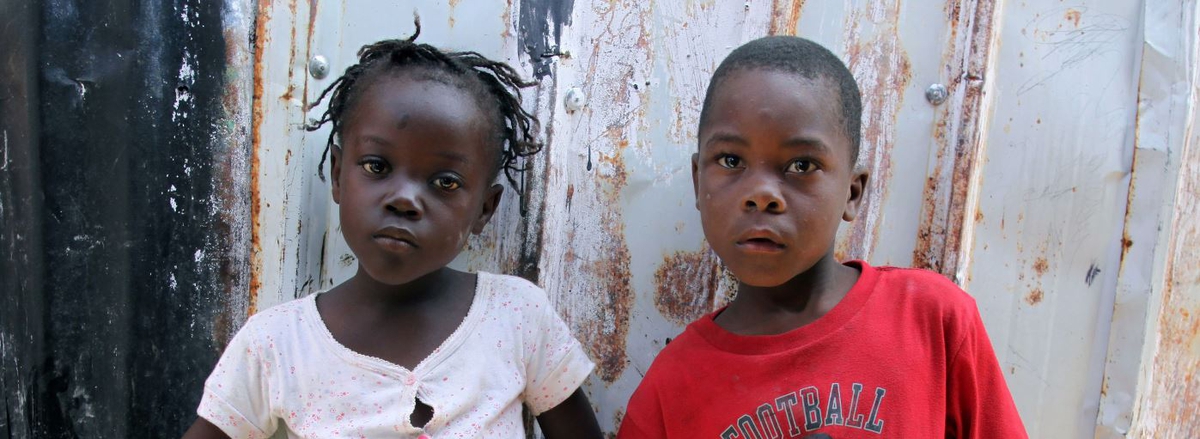SENIOR European Union figures will this week meet representatives from the Haitian Government in a ground-breaking event in Brussels aimed at generating EU support for the fight against child trafficking in Haiti.
The event, in the European Parliament on Sept 27, is organised and co-sponsored by J.K. Rowling’s international children’s NGO Lumos.
Lumos has marked the event – co-sponsored by the MEPs Mariya Gabriel and Cecile Kashetu Kyenge – with the release of a report about the growing evidence of the risks of being trafficked and exploited, commercially and at times sexually, in Haiti’s orphanages.
There are around 32,000 children in an estimated 760 so-called orphanages. Very few of them are genuine orphans from the 2010 earthquake. Most are from very poor families and a number have disabilities. More than 80% of those children have at least one living parent and the vast majority have relatives who love and want them.
Only 15% of the orphanages are officially registered. The rest operate outside Haitian law and published accounts or budgets are rare. Many children enter and leave orphanages without official record.
Whilst some of those orphanages are run with the best of intentions, a significant number are unlicensed and run by unscrupulous people whose sole aim is to make a profit from children. The conditions in the worst places are dreadful – polluted drinking water, inadequate food, no medical care and often no adult supervision for prolonged periods. The Government has said 140 of the orphanages are so poor they should be closed immediately and Lumos is helping with a three-year plan to try bring this about.
Said MEP and co-host of the event Mariya Gabriel: "The institutionalization and trafficking of thousands of children in Haiti represent a genuine handicap for the country's future. It is crucial that the international community and primarily the EU use all available instruments to effectively help Haitian institutions to dismantle criminal organizations trafficking children, to protect children and promote their full inclusion in the Haitian society. It's a necessary investment to release institutionalized children from the vicious circle of which they are prisoners, and to contribute to the development and stability of Haiti."
The Lumos report found that unscrupulous operators hired ‘child finders’ to go out and aggressively recruit children, at times paying pregnant women for their pre-natal care and then demanding the new-born as repayment, or offering a small stipend to support other children. Others tell the parents the child will get an education in an orphanage – a false promise. They then malnourish the children to produced pictures of emaciated babies which are put online with requests to foundations and donors to help ‘poor starving orphans’.
The report comments: “A growing body of case evidence suggests that governance of institutions and orphanages is so poor, and tracking of children in the care system so weak, that children are at a high risk of being trafficked. This makes institutionalised children in Haiti one of the most vulnerable groups in the community.”
The report details a number of disturbing case histories of children in orphanages. At times, the exploitation is for profit, though there is also evidence of sexual and physical abuse.
Lumos CEO Georgette Mulheir said: “In recent years, the EU has moved to ensure that funding for Members States is not spent on child institutions, which we know separate poor children and those with disabilities from families and harm their development. It is therefore welcome that senior EU officials are now taking the first steps towards helping Haiti, through international aid, to strengthen its judiciary, and law enforcement and child protection agencies, to boost the fight against traffickers.”



